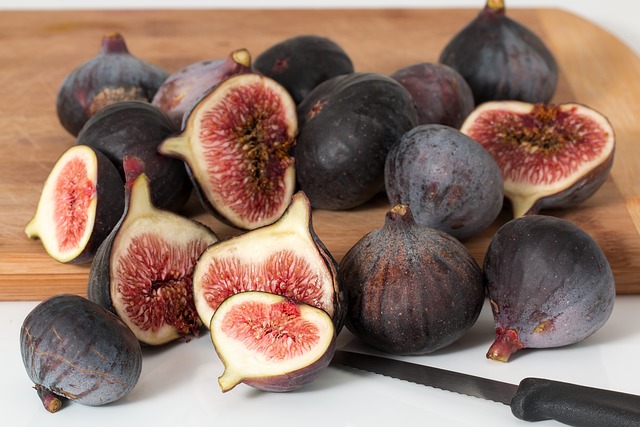The Science of Probiotics: Separating Fact from Fiction
Probiotics have become increasingly popular in recent years, with many people turning to these live microorganisms to improve their gut health and overall well-being. While there is some scientific evidence supporting the use of probiotics for certain conditions, there is also a lot of misinformation and confusion surrounding these supplements.
What are Probiotics?
Probiotics are live microorganisms that, when consumed in adequate amounts, are beneficial to the host’s health. They are similar to the “friendly” bacteria that naturally live in the gut, and are commonly found in fermented foods like yogurt, kimchi, and sauerkraut. Probiotics are also available in supplement form, which is a convenient way to ensure that you are getting a consistent dose of the specific strains of bacteria that you want.
Health Benefits of Probiotics
There is evidence to suggest that probiotics may have a variety of health benefits. For example, some studies have shown that probiotics can improve digestive health by reducing symptoms of diarrhea and constipation. Other research has suggested that probiotics may boost the immune system, reduce inflammation, and even improve mental health.
One of the major ways that probiotics work is by replenishing the gut microbiome, which is the community of microorganisms that live in the digestive tract. The gut microbiome plays a crucial role in overall health, as it is involved in many important processes such as nutrient absorption, digestion, and immune function. Probiotics can help to maintain a balanced and diverse microbiome, which can improve overall gut health and reduce the risk of various diseases.
Types of Probiotics
There are many different types of probiotics, each with their own specific benefits. These include:
- Lactobacillus: This is one of the most common types of probiotics, and is found naturally in the human gut as well as in certain fermented foods. Lactobacillus strains are known to help with digestive problems like diarrhea and irritable bowel syndrome (IBS).
- Bifidobacterium: This type of probiotic is also naturally found in the gut, and is particularly effective at reducing inflammation and improving immune function.
- Streptococcus: While this type of bacteria is often associated with infections like strep throat, certain strains of streptococcus are actually beneficial to health. These strains can help to reduce inflammation and improve immune function, as well as support healthy digestion.
- Saccharomyces boulardii: This is a type of yeast that is sometimes classified as a probiotic. It is known for its ability to reduce symptoms of diarrhea, particularly in cases caused by antibiotics.
Things to Consider When Choosing a Probiotic
If you are considering taking a probiotic supplement, there are a few things to keep in mind:
- Strain specificity: Different strains of bacteria have different health benefits, so it is important to choose a supplement that contains the specific strains that you need. Look for a supplement that lists the specific strains on the label.
- CFU count: CFU stands for colony-forming units, which is a measure of the number of viable bacteria in a probiotic supplement. Look for a supplement with a high CFU count to ensure that you are getting an adequate dose.
- Viability: Probiotic bacteria are delicate and can be easily destroyed by heat, moisture, or stomach acid. Look for a supplement that is specially formulated to protect the bacteria during storage and digestion.
Debunking Probiotic Myths
Despite the many potential benefits of probiotics, there are also many myths and misconceptions surrounding these supplements. Here are a few of the most common:
- Myth: All probiotics are the same. In reality, there are many different strains and types of probiotics, each with their own unique benefits. It is important to choose a supplement with the specific strains that you need.
- Myth: Probiotics are a cure-all. While probiotics can be beneficial for many conditions, they are not a magic







